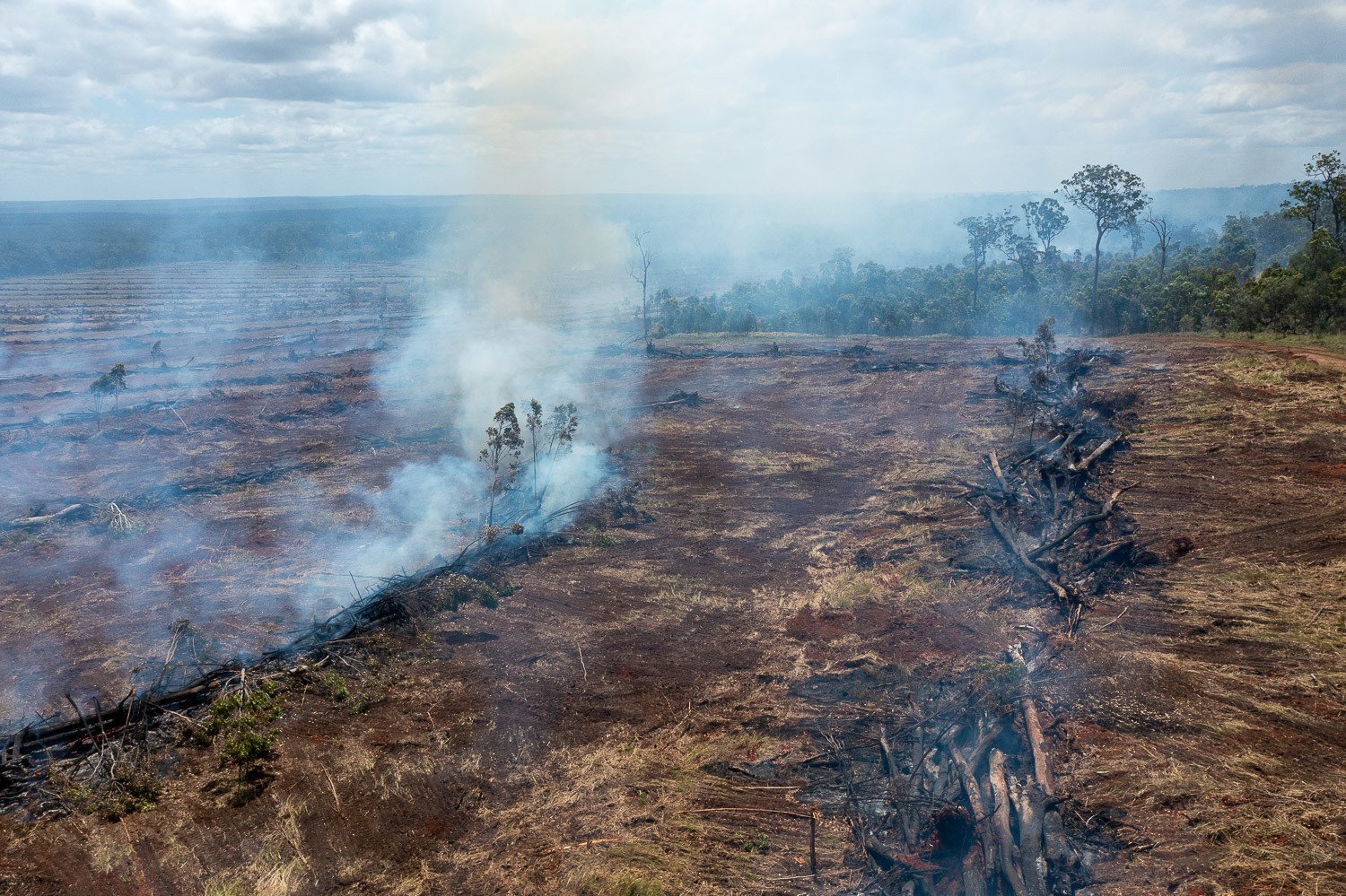Media Releases - 30 October 2023
Tackling deforestation remains key to future EU-Australia relationship

Free trade talks between Australia and the European Union have again come to a halt after Australia decided to walk away from negotiations in Osaka over the weekend. It may now be at least two years before negotiations can resume.
Australia and the EU could not agree on agricultural access to the EU market, with Australia claiming that the agreement did not offer meaningful access and placed unfair restrictions on Australia’s agricultural production.
One point of ongoing deliberation between Australia and the EU is the differing environmental standards between the two parties—deforestation being a prime example of mismatched approaches. The EU has expressed that increasing beef imports from Australia could result in greater levels of deforestation, worsening Australia’s biodiversity crisis. For the EU to sign up to products likely linked to deforestation in Australia would be at odds with their clear ambition to help protect biodiversity and forests worldwide. EU citizens do not want their everyday products to contribute to deforestation anywhere in the world, whether it’s the destruction of the Amazon or koala habitat.
Australia is the only ‘developed’ economy among the world’s deforestation hotspots—ranking alongside the Amazon, the Congo and Borneo. Australia’s forests and bushland are being cleared at an accelerating rate, including high conservation value (HCV) areas. Over 7 million hectares of land has been cleared since 2000, after the introduction of the national environment laws. Native forest logging is exempt from Australia’s national environment laws, and it instead managed on a state by state basis under Regional Forest Agreements, which unfortunately leave the gates wide open for unsustainable, and in some cases illegal, forestry practices.
This means that with any economic ties between Australia and the EU—whether it’s the trade of commodities like beef or paper, or financial flows—special attention must be paid to the issue of deforestation, including degradation. Any future free trade agreements must include a common goal to end deforestation. Within the EU Deforestation Regulation, which will apply to imports regardless of free trade deals, the EU must recognise that Australia is a deforestation hotspot.
A shift toward deforestation-free commodity production for Australia could contribute to reopening these FTA negotiations. The stall in negotiations provides opportunity for Australia to foster genuinely sustainable industries that do not rely on nature destruction, so that when negotiations resume between the EU and Australia, there is a shared goal to protect nature from deforestation.
Adele Chasson, Corporate Campaigner for the Wilderness Society, said, “While several factors are at play in the negotiations stalling, it’s undeniable that Australia’s environmental standards, and particularly its status as a global deforestation hotspot, aren’t meeting the EU’s expectations. While the EU is legislating to prevent not only its own deforestation, but also reduce its contribution to global deforestation, Australia is lagging behind. The country’s important forests and bushlands are still being destroyed to make way for agriculture, forestry and mining. Stopping deforestation is key for Australian industries to become a more favourable import origin for trade partners like the EU. Protecting nature is becoming a key requirement to do business globally.”